We started Imperfect Foods to save ugly produce from going to waste.
It felt wrong, and even a little bit silly, that fruits and veggies were getting tossed aside because they looked a little different. It also felt wrong because wasting less food is the #1 way to reduce greenhouse gas emissions (Source: Project Drawdown)—which means it’s a climate problem we can do something about.
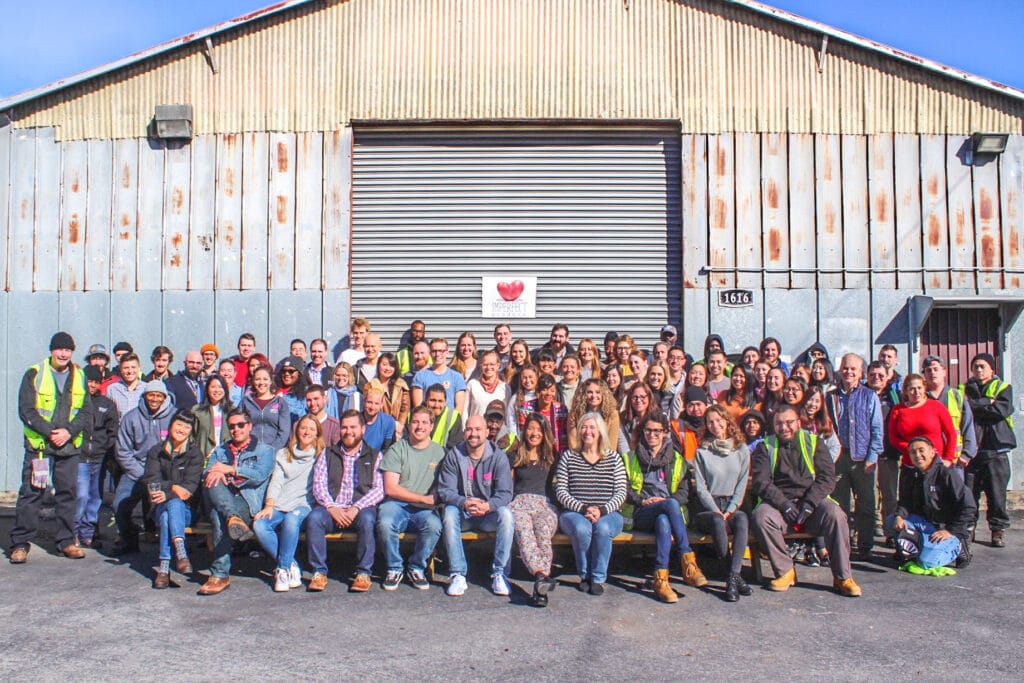
We started to grow a movement of people who believe in the value of knobby carrots and craggly potatoes. Along the way, we learned that it wasn’t the food that was imperfect; it was the system that made it too easy to waste perfectly good food. People want to prevent waste, but the system makes new habits and behaviors really challenging.
So we set out to better understand how people feel about wasting food, and what it means to be imperfect when it comes to wasting food. We surveyed a nationally representative group of over 1,000 sustainability-minded individuals, uncovering major feelings of guilt, shame, and pressure to be perfect. In fact, 74% of sustainability-minded people reported feeling guilty throwing food away. Even more concerning, 35% of people admit the pressure to be perfect has led them to a breaking point.
One research participant described how a lot of people feel in the face of trying to prevent food waste: “[It can feel like] if I can’t go all in, then my efforts are worthless. It can be really defeating and feel really overwhelming.”
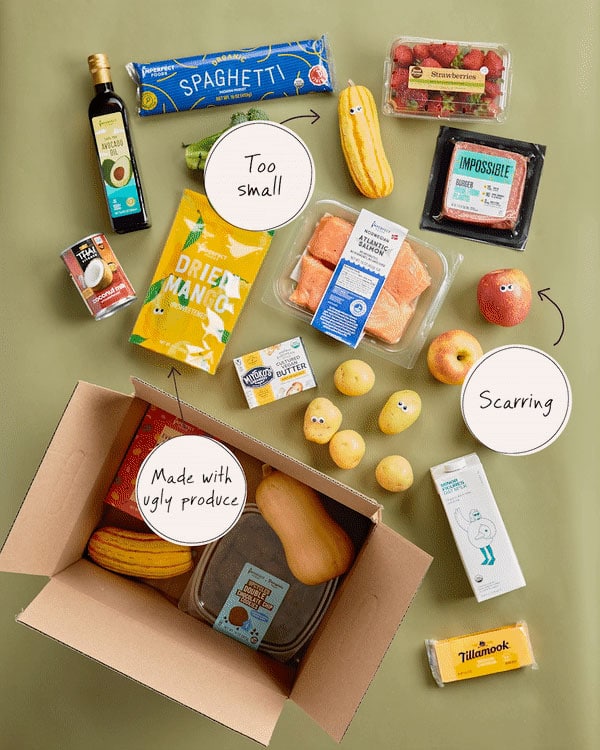
While people like Brené Brown have popularized the acceptance of imperfections in ourselves and others, we are particularly shameful of imperfections when it comes to wasting food.
But here’s the kicker: If we are going to get better and waste less food, shame isn’t going to help. Wasting less food requires making new habits and learning new skills. Learning anything is messy, and progress is imperfect. But shame and the pressure to be perfect often keep us from even trying.
That’s why, to save the most food from waste, we’re exploring how to relieve this guilt and shame around wasting food. How to make it feel good to waste less food and to keep trying every day.
Wasted food is a serious climate problem—but it’s one we can do something about.
The food system is complex. No single person is going to fix it. But everyday actions matter—and they add up. Consider that in one year, a typical Imperfect shopper will save 288-384 pounds of food from lesser outcomes. In 2021, the Imperfect community’s small wins added up to 44 million pounds of food saved from lesser outcomes. That’s huge!
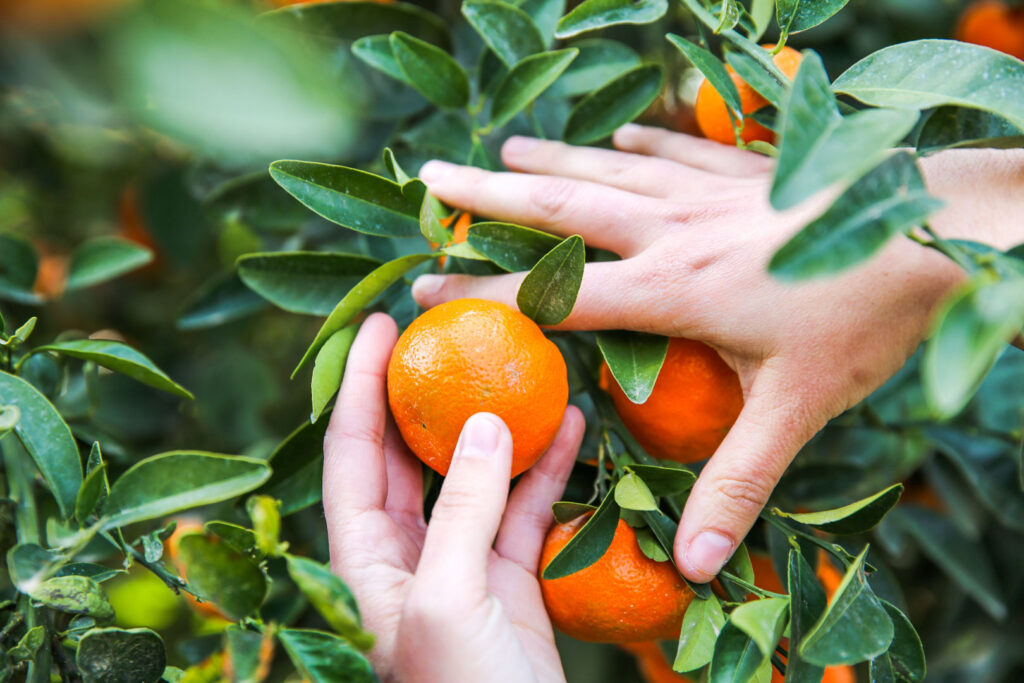
As Rachael Jackson, research manager for the National Geographic Channel, writes, “…the silver lining of addressing food waste is that everyone can dial up their self-awareness and make a big impact.” She goes on to quote Laura Moreno, who studies why people waste food at the University of California, Berkeley. “But Moreno, who points out that we don’t need yet another food neurosis, cautions against putting all the onus on the individual consumer. Systemic efforts to do things like improve our food literacy, reimagine our grocery stores and kitchens, reform date labels, and rethink catered events can make it harder for us to mindlessly waste by adjusting our surroundings, and not guilting or shaming us.”
This is the kind of movement we are here for: One that helps us do better and shows that our imperfect, everyday actions add up. When we feel less shame and are realistic about what we can do as individuals, we can see how change requires us to work together. When we spend less time beating ourselves up and feeling isolated by our apparent “failures,” we gain the emotional energy and courage to put toward big things like increasing access to household composting and getting date label legislation changed.
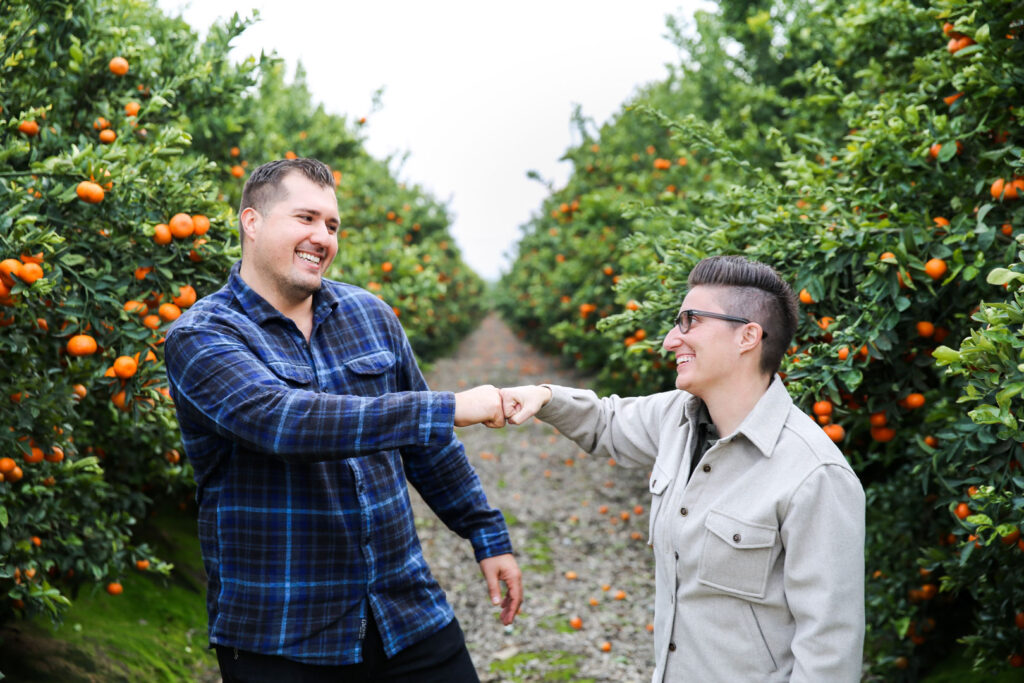
So we aren’t asking you to do more. We’re celebrating everything you’ve already done. Thank you for sticking with it, and for continuing to try.
We’d love to hear from you. What would it feel like if you approached wasting less food with a feeling of joy and celebration for the times you get it right? How does it feel to let go of the shame and blame for getting it wrong sometimes? Share your thoughts on social and tag us @imperfectfoods with #theripedirection to join the conversation.
After all, if we’re going to keep food from going to waste and make a dent in climate change, we need millions of people doing things imperfectly rather than just a handful doing it perfectly every time.
Together, our imperfections go far.
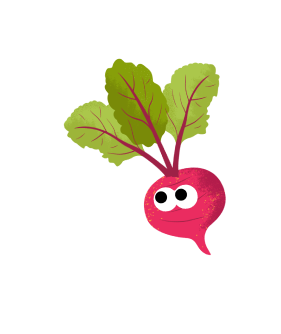
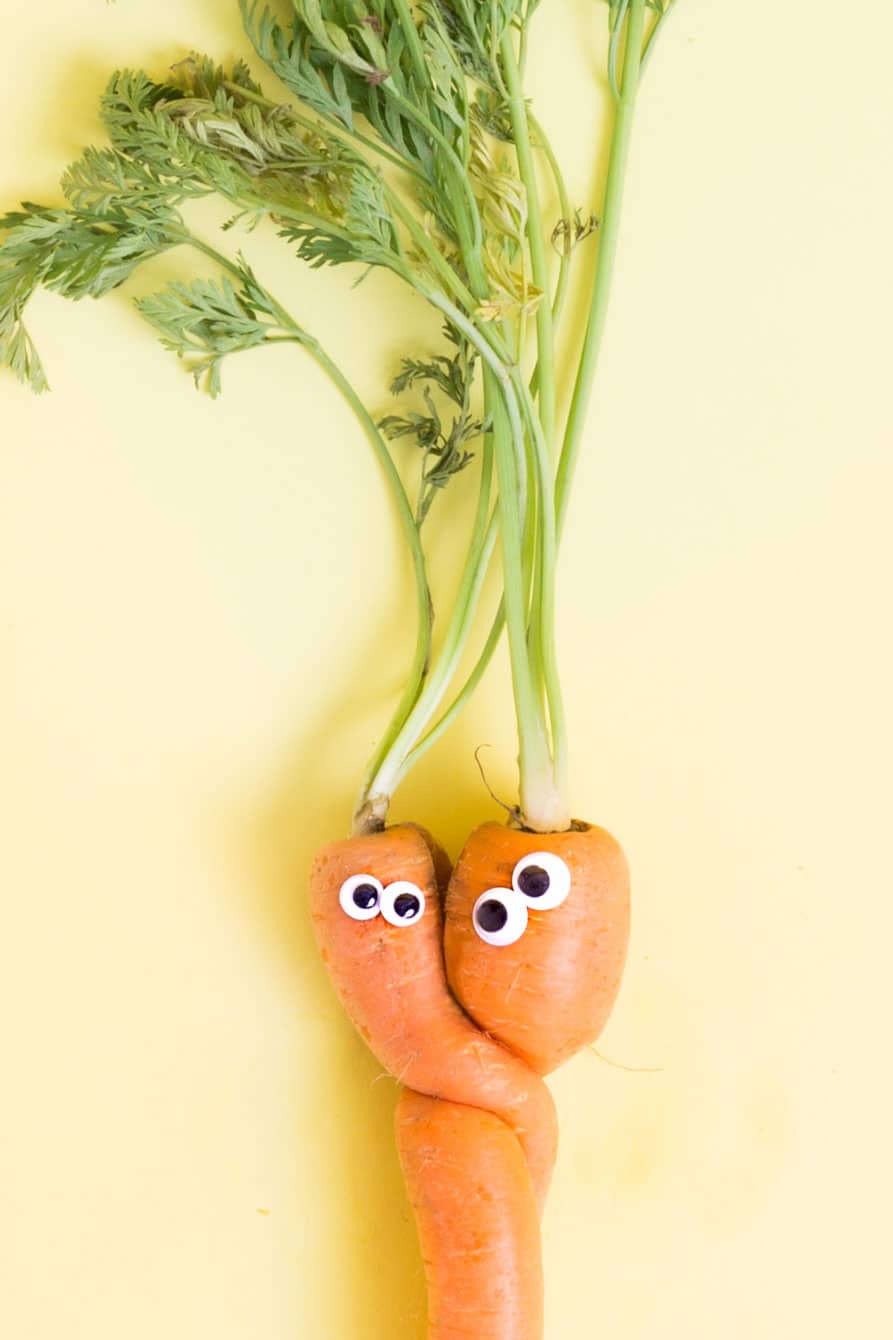


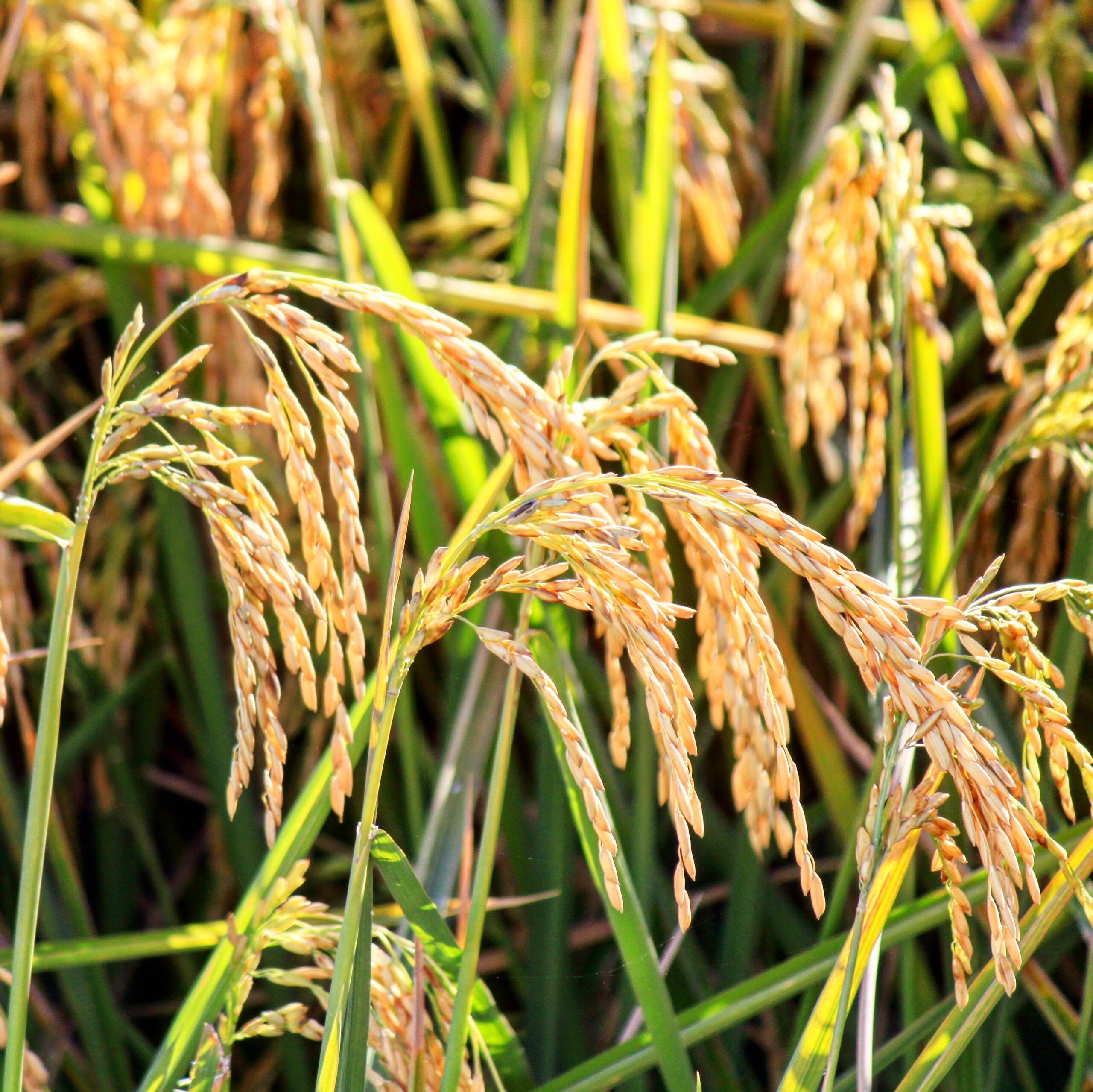
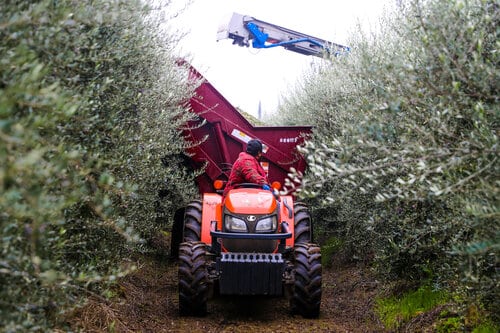
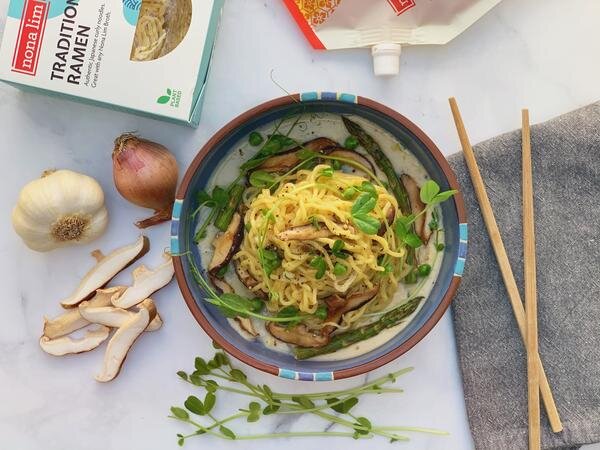
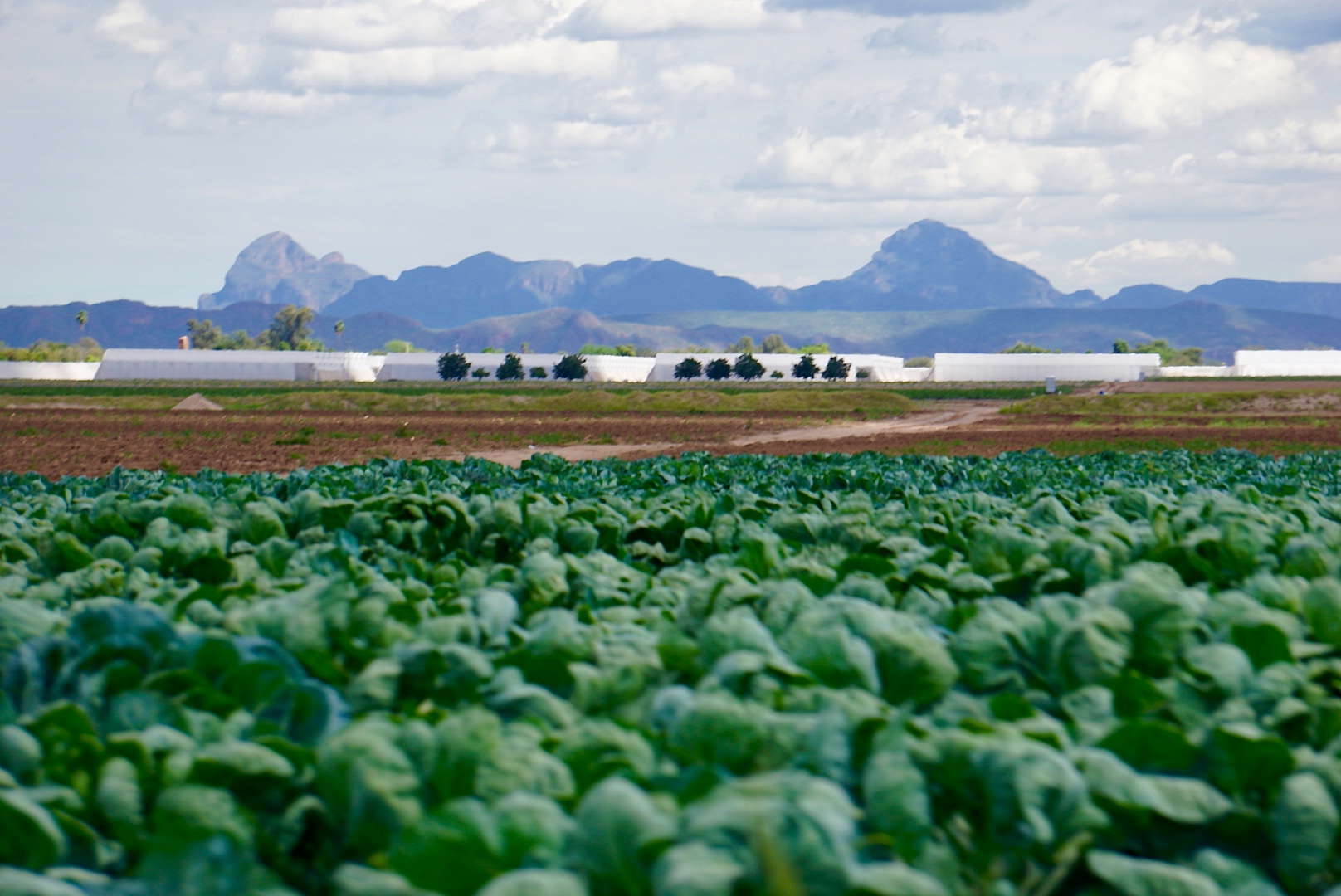
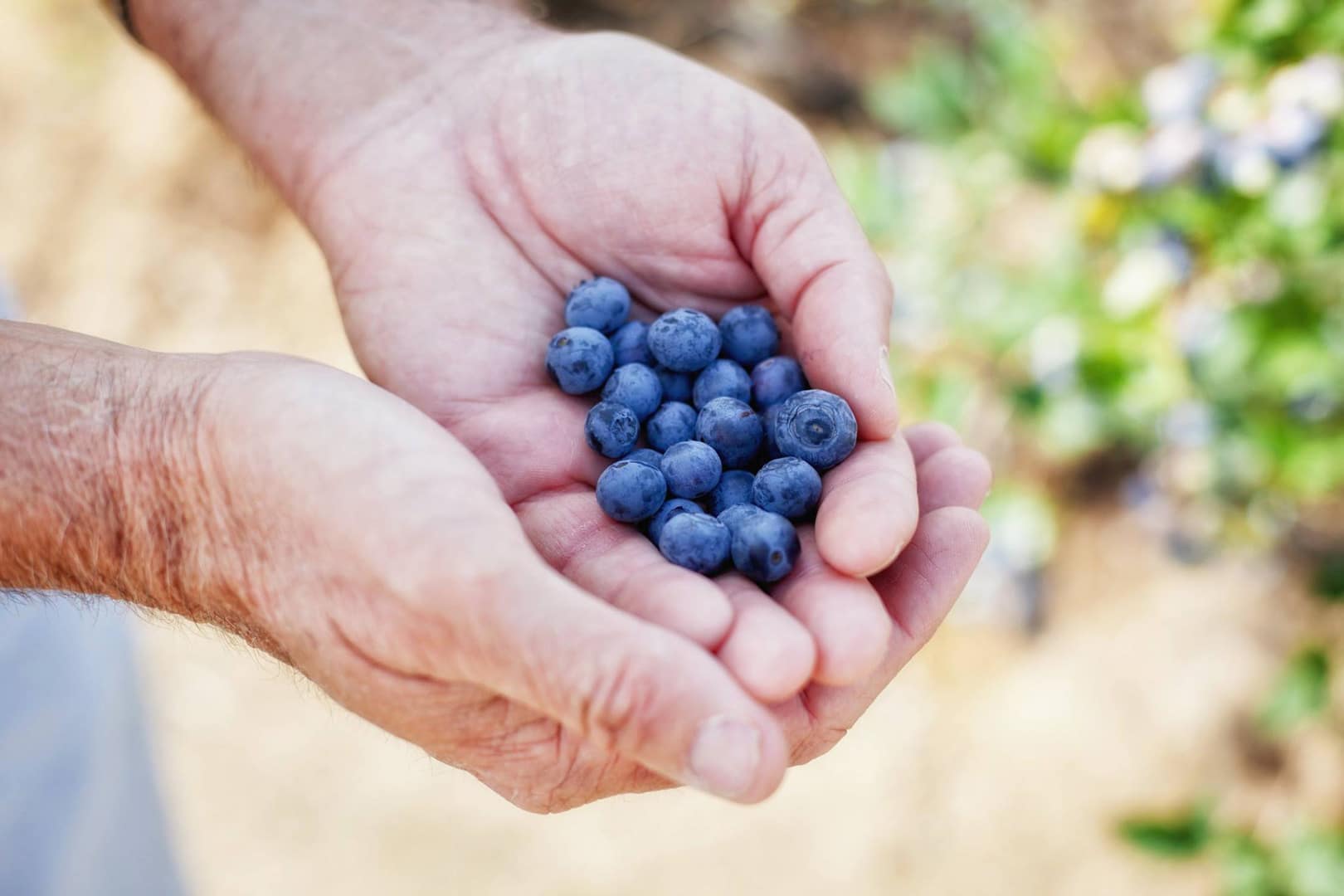

You don’t serve the area I live in November to May but shortly I will be returning to my summer cottage and can order from you again
Keep up the great work
Please start recollections of boxes.
Thanks
Currently we don’t have any plans to include them as part of our Packaging Return Program. We would recommend reaching out to local food banks in your area to see if they’d be able to utilize them!
I never canceled, but my orders stopped.As of now, I have a refrigerator full of fruits and vegetables, but would consider restarting in the future.
We’d love to have you back in the family!
Can you explain what “lesser outcomes” would be- what would happen to Imperfect goods if we didn’t buy them? Thanks
Lesser outcomes include the farmers either having to leave it behind in their field and let it go to waste, or breaking even or even losing money selling it to a processor or as animal feed. We offer them a better alternative: a fair price for what they grow and the satisfaction of seeing it end up on people’s tables instead of in landfills. We’re honored to reward them for their hard work and help them feed more people while wasting less labor, water, and fossil fuel.
Sign me up
I’d like to try again.
Head to imperfectfoods.com/join to get signed up with us! ????
Unfortunately I don’t have enough money to purchase your great products right now. Inflation really hit hard